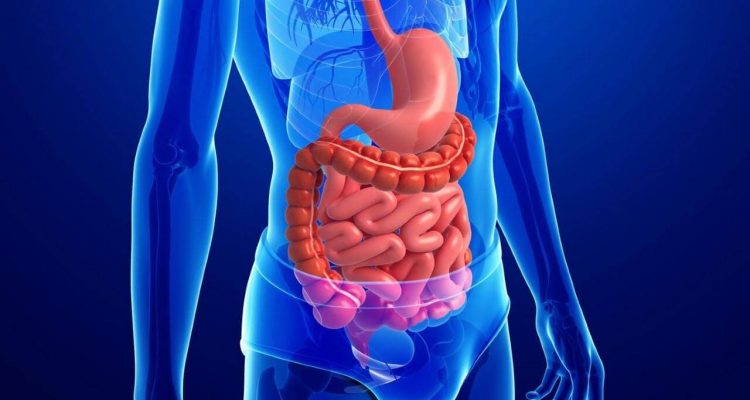
Intestinal inflammation: the main symptoms of the condition are named
0
Like any part of the body, the gastrointestinal tract may suffer from the effects of chronic inflammation. Some studies have shown that it is one of the signs of both chronological aging and the development of various age-related diseases.
According to Dr. Marcelo Campos, an unhealthy intestinal lining can have large cracks or holes that allow partially digested food and toxins to enter the surrounding tissues and blood. The result is inflammation and changes in the intestinal flora, he wrote for Harvard Health. You can recognize the development of the condition by several signs.
- Intolerance to certain foods. In this case, bloating, gas and just an unpleasant feeling occur after eating. As noted by nutritionist Josh Ax, sensitivity to dairy and flour products, as well as gluten, is most common.
- Stress and depression.Scientists from Harvard Medical School explained that the connection between the gut and the brain really exists. Moreover, it is bilateral. Thus, stomach or intestinal upset can be a cause or result of anxiety, stress, or depression.
- Autoimmune diseases. A study published in the journal Physiologic Reviews examined the relationship between increased permeability intestines and the development of autoimmune diseases. As a result, scientists discovered that a protein called zonulin plays a major role in the work of the intestines. “When the fine-tuned zonulin pathway is not regulated, both intestinal and extraintestinal autoimmune, inflammatory disorders can occur,” the scientists said.
- Persistent skin problems. According to doctors, if even constant visits to the dermatologist and skin care do not help to get rid of rashes, rosacea or eczema, this may be a sign of intestinal inflammation.
At the same time, scientists note that a diet rich in fiber can prevent inflammatory processes in the intestines. Doctors recommend increasing the number of vegetables, fruits, legumes and nuts in the daily diet.









Leave a Reply